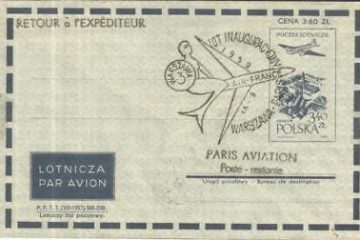Discovering Multan: A City of Rich Heritage and Growth

Introduction
Multan, located in the Punjab province of Pakistan, is renowned for its deep-rooted history and vibrant culture. Often referred to as the ‘City of Saints’, it has been a centre for Sufi culture and spirituality for centuries. Understanding the dynamics of Multan is essential not only for appreciating its historical significance but also for recognising its evolving role in modern Pakistan. Recent developments have positioned Multan as a key player in trade and tourism, making it a focal point for economic growth.
Historical Significance
Multan’s history dates back over 5,000 years, making it one of the oldest cities in the region. It is famous for its ancient fort, the Multan Fort, and dozens of majestic shrines, including the mausoleum of Shah Rukn-e-Alam, which showcases stunning architectural marvels of the 14th century. The city has a rich tapestry of culture influenced by various civilisations, evident in the city’s monuments, bazaars, and local traditions.
Recent Developments
In recent years, Multan has seen several infrastructural and economic initiatives aimed at boosting its profile as a commercial hub. The Multan International Airport underwent upgrades to facilitate increased travel and tourism. Additionally, the construction of new roads and transportation systems has improved connectivity with major cities across Pakistan, encouraging trade. The introduction of the Multan Metro Bus Service has also enhanced public transport options.
Furthermore, Multan is experiencing growth in the textile and agricultural sectors, capitalizing on the agricultural richness of the surrounding region. Local enterprises are benefitting from government incentives aimed at promoting small and medium-sized enterprises (SMEs), further diversifying the economy.
Tourism in Multan
Tourism is emerging as a vital sector for Multan. The city’s rich heritage attracts both local and international tourists. Festivals celebrating traditional music and Sufi gatherings are held throughout the year, attracting visitors interested in cultural immersion. The local government is actively promoting historical sites and cultural events as part of its tourism strategy to boost the economy.
Conclusion
In conclusion, Multan stands as a testament to Pakistan’s rich history while demonstrating promising economic growth. The city’s unique blend of cultural depth and modern infrastructure makes it a significant destination for both history enthusiasts and business investors. As development continues, Multan is poised to become a key player in Pakistan’s economic landscape, offering opportunities for local and international stakeholders alike. The city’s future appears bright, with a commitment to preserving its heritage while embracing modernity.









